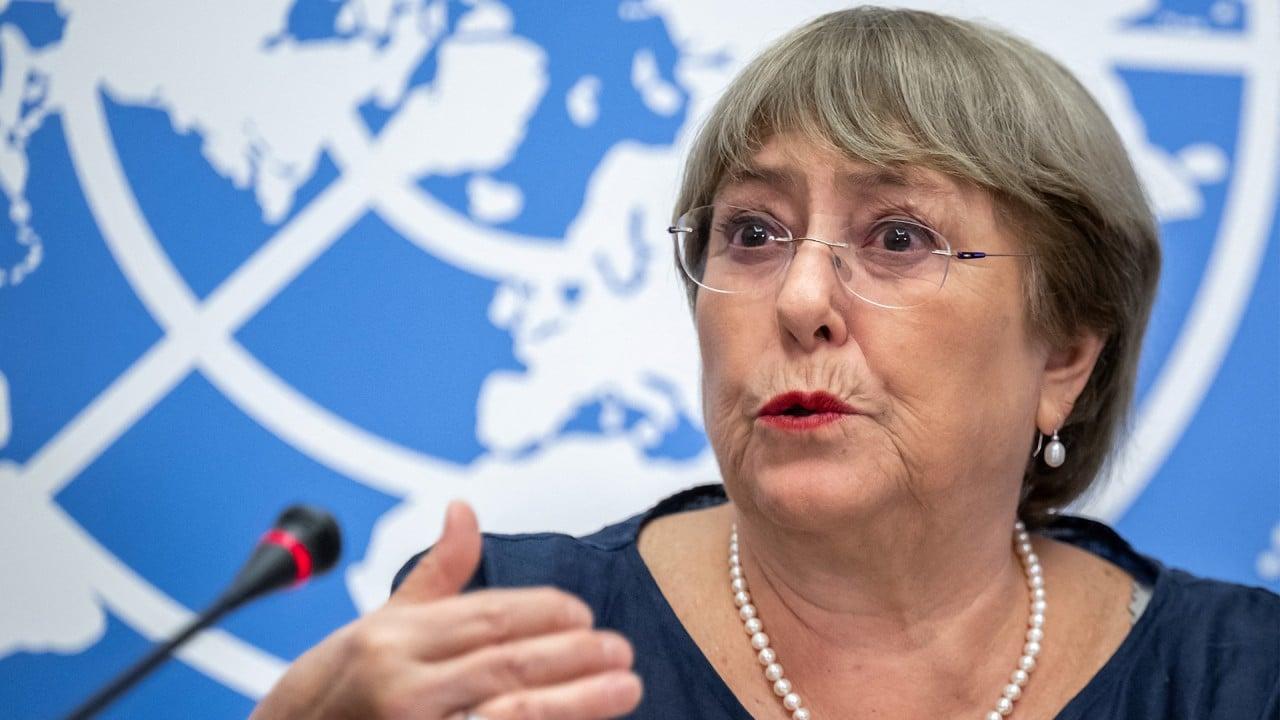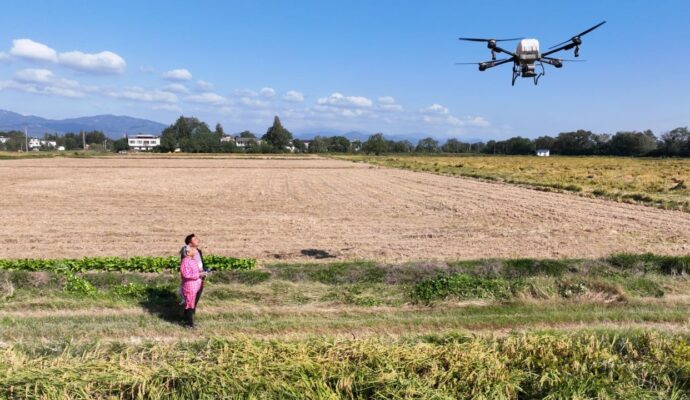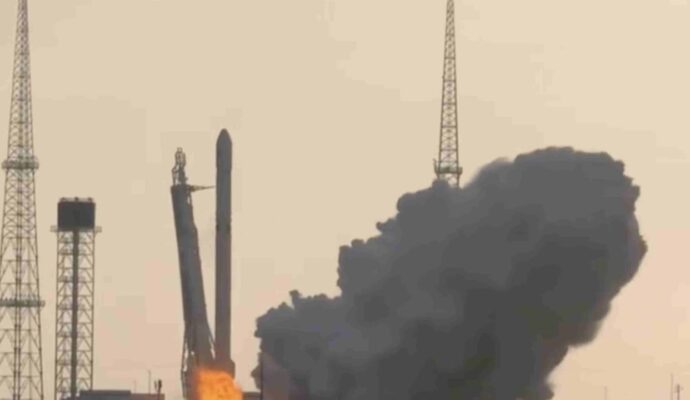
“I’d like to lead a delegation there,” Smith said. “I hope we would have unfettered access to the camps and to talk to officials there and, above all, to talk to individual Uygurs without any fear of retaliation.”
Tuesday’s hearing was aimed at assessing the implementation of the Uygur Forced Labour Prevention Act (UFLPA), which has been in effect since June, to determine the need for further congressional oversight and action.
In her testimony, Laura Murphy, a professor at Sheffield Hallam University in Britain, said that since the act went into effect, American companies “have not all responded enthusiastically”.
Some firms in China have only pretended to sell their Xinjiang factories, she said, but instead transferred them to close executives, changed the names of their subsidiaries, shipped their products to third countries and bifurcated their supply chains to circumvent the ban and continue to sell goods produced by forced labour.
“The US needs to prioritise making the UFLPA entity lists as comprehensive as possible” so companies know which ones to exclude from their sourcing, she said.
Washington “urgently needs” to add renewable energy products, critical minerals, steel and aluminium, agricultural products and personal protective equipment to its priority list for scrutiny, she said, as Beijing is investing in Xinjiang for manufacturing those items that are critical to US national security and climate goals.
The US Department of Homeland Security – which leads the multi-agency Forced Labour Enforcement Task Force – has identified apparel, cotton, tomatoes and silica-based products as high-priority sectors.
Armed officers stand at an outer entrance of the Urumqi No. 3 Detention Center in Dabancheng in western China’s Xinjiang Uygur autonomous region. Photo: AP
Anasuya Syam, human rights and trade policy director at Human Trafficking Legal Centre, said the US customs agency had reviewed only 0.05 per cent of total imports under the UFLPA, citing a data dashboard published last month by US Customs and Border Protection.
It showed that the customs agency stopped at port 3,588 shipments with a total value of over US$1 billion, and that 490 shipments or US$28 million worth of goods have been denied entry. Of the denied shipments, 291 or USS$3 million worth were apparel, footwear and textile products.
“These low shipment numbers and low dollar value of detentions are concerning, especially since this sector is prioritised by the US government’s implementation strategy,” Syam said.
She added that the customs agency “may be missing shipments containing inputs from the Uygur region that enter the United States via third countries”.
Since cargo worth less than US$800 receive no almost no customs scrutiny or inspection, some companies might break up a shipment that is subject to reporting requirements into multiple small packages, she said.
Companies could also re-export goods related to forced labour to other countries if they were caught at the US border, she added.
“The United States cannot act alone. There should be no safe harbour for goods made with forced labour anywhere in the world,” Syam said.
She called on the US to push Canada, Mexico and the European Union to impose similar robust bans on Xinjiang goods and urge G7 and G20 allies to ensure global adoption of measures that are consistent with each other.
Representative Chris Smith, a Republican from New Jersey, is chairman of the Congressional-Executive Commission on China. Photo: Al Drago/Bloomberg
Elfidar Iltebir, president of the Uygur American Association, expressed her frustration at still seeing goods produced by the Xinjiang Production and Construction Corps in the US. The conglomerate has been placed on multiple US blacklists on forced labour grounds.
“It felt like a slap in my face,” she said, calling Washington to strengthen enforcement mechanisms.
“We can be an example for our allies to implement similar laws so ‘Made in China’ products tainted with Uygur forced labour cannot enter any markets that value human beings and fair trade,” Iltebir said.


